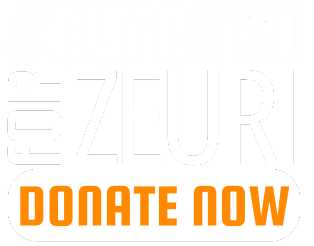To parents newly facing a similar diagnosis, we offer words of encouragement: ‘Don’t lose hope.
Every child is unique, and there is always a way to help them. Build a support network, connect
with other families, and take things one step at a time.’
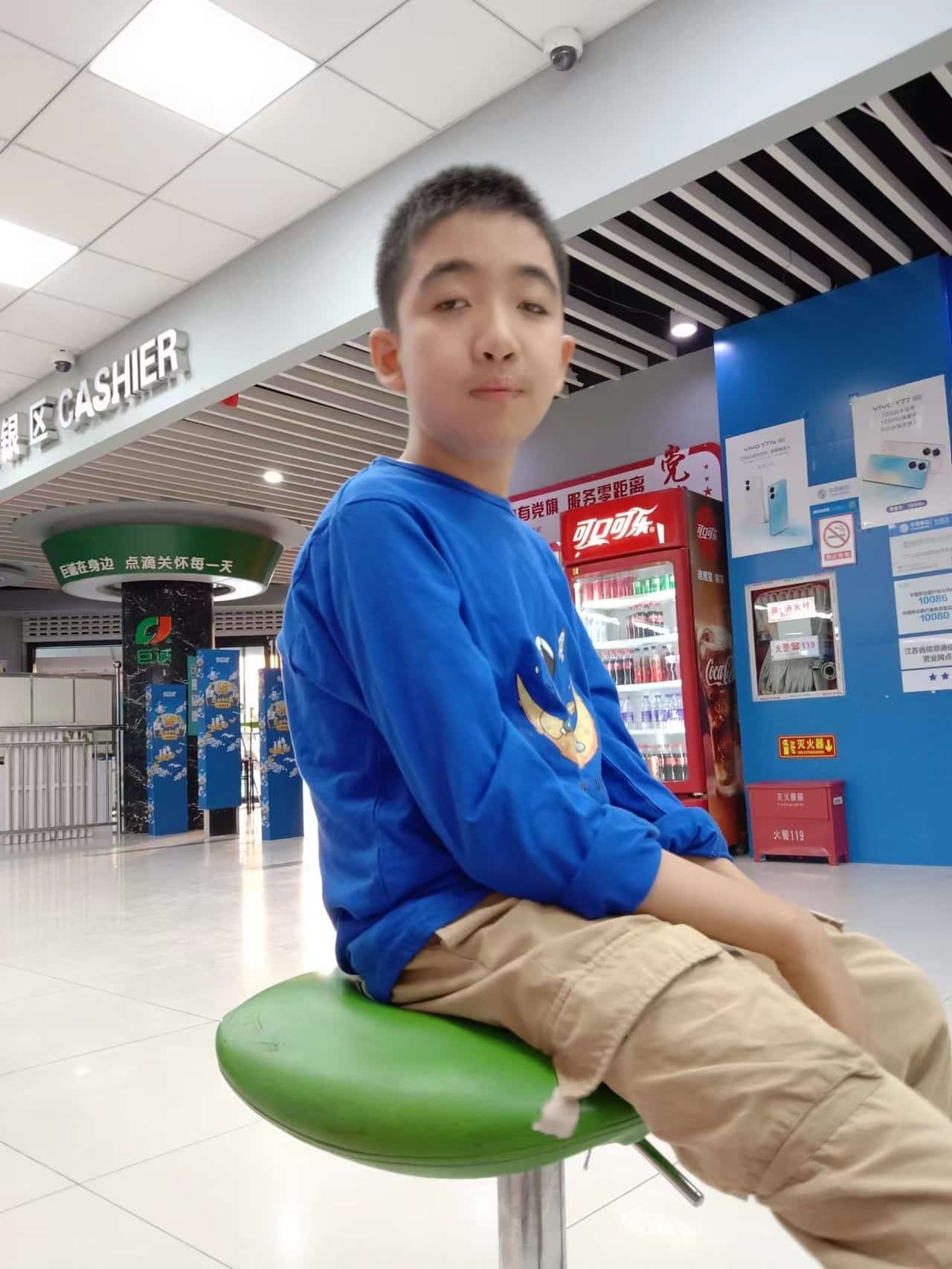
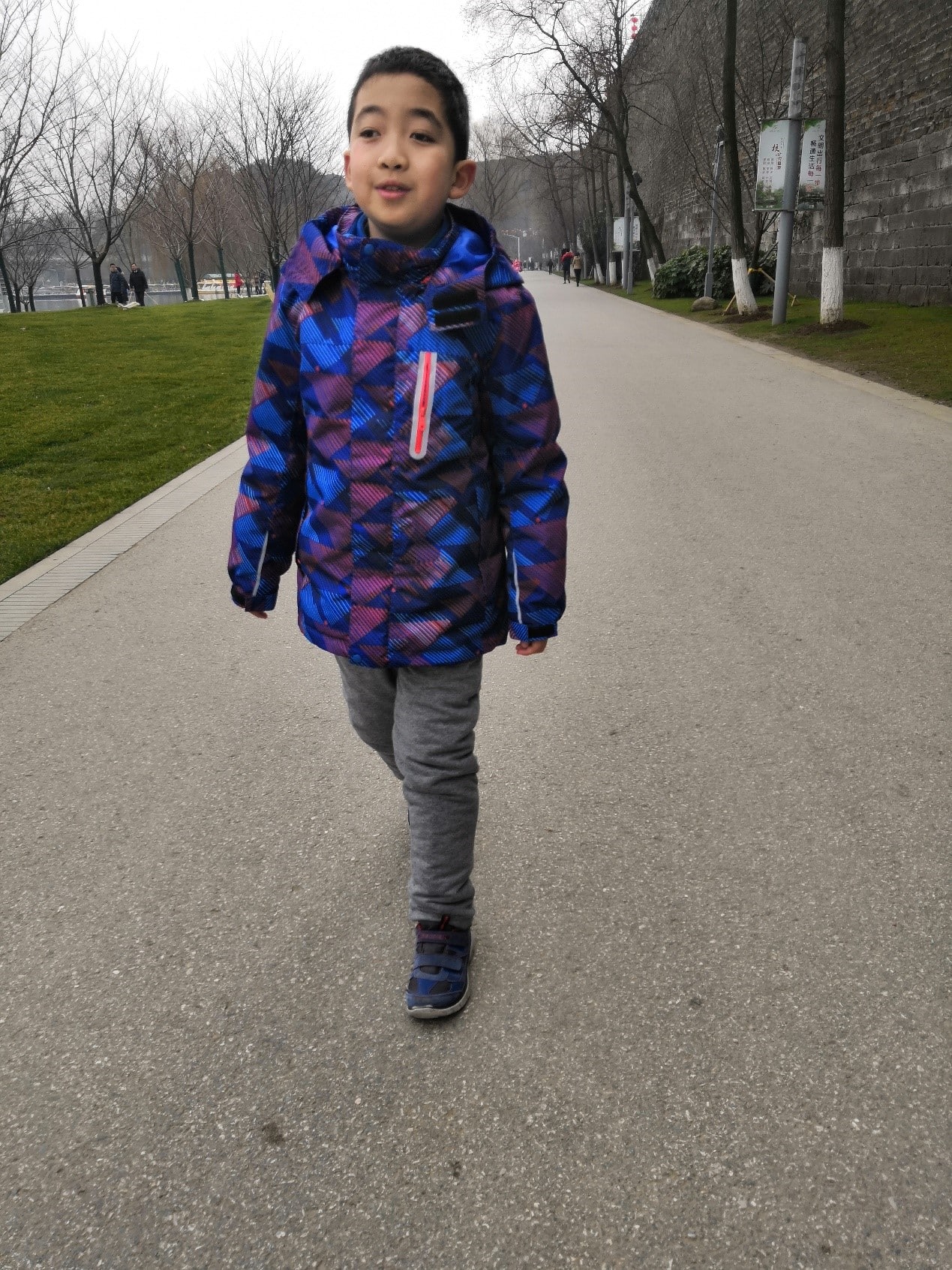
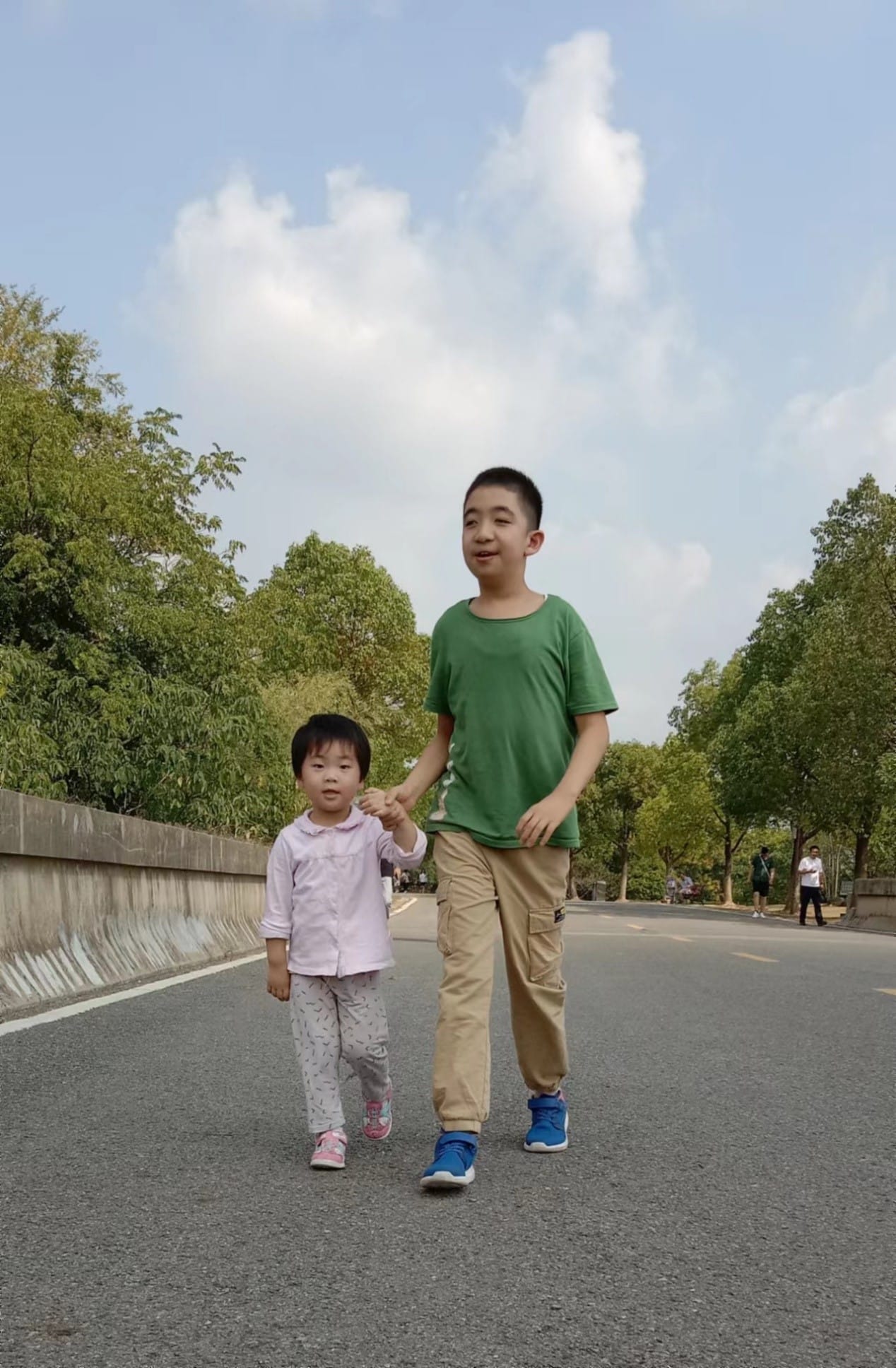
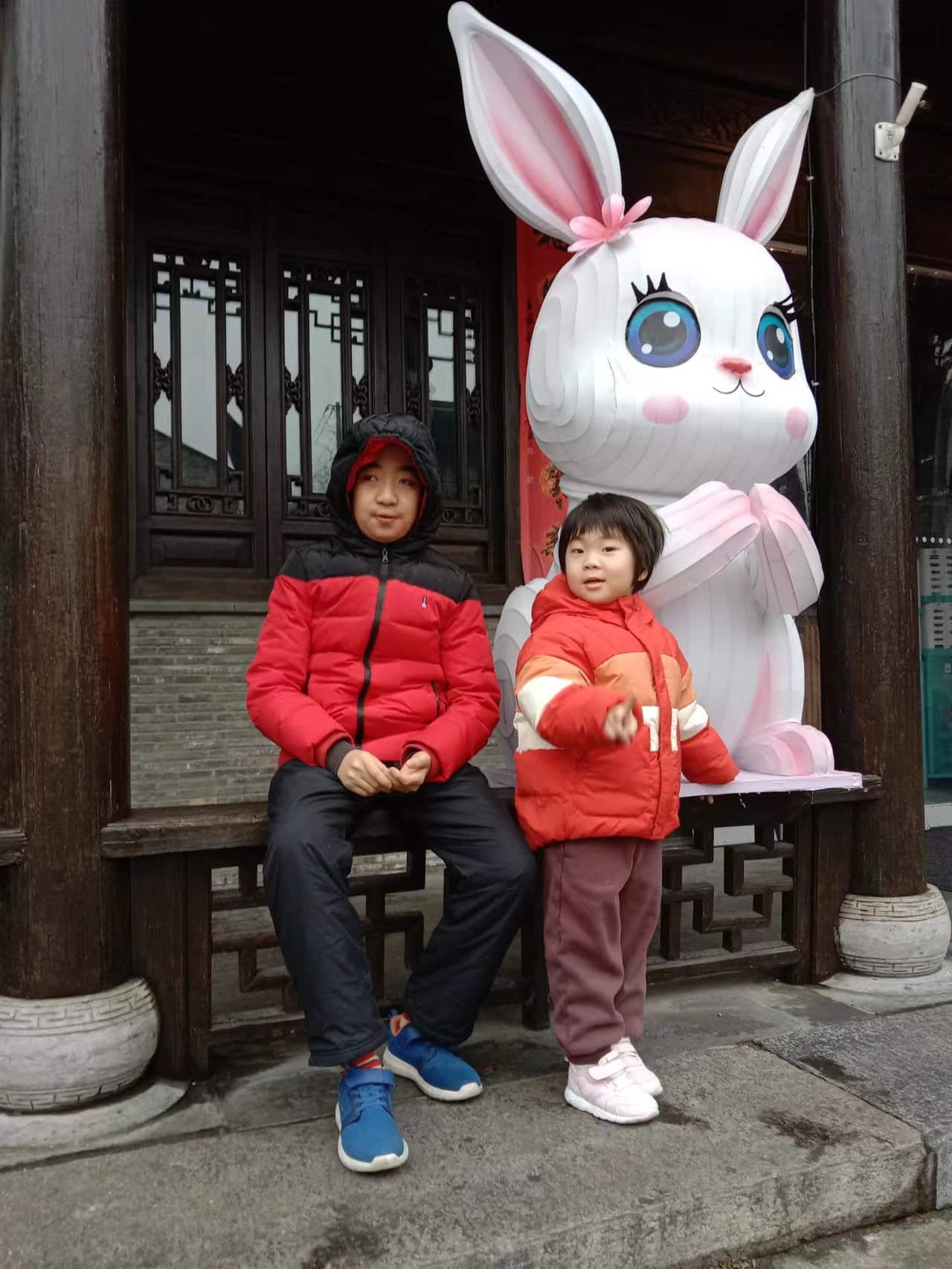
Our MSD Journey
Before Zeuri was born, my wife and I traveled separate paths before finding each other in Nanjing, China. I attended university in Nanjing and stayed there for work, while she studied in Zhangjiakou, Hebei Province, before also settling in Nanjing. A mutual friend introduced us, and our bond quickly grew. More than a year after our marriage, we welcomed Zeuri into the world—a beautiful, lively baby who instantly became the joy of our family. He was born via cesarean section due to fetal distress but was otherwise healthy. We dreamed of his future, imagining a life full of happiness and opportunity.
However, as Zeuri grew, small signs of a deeper challenge began to emerge. At one year old, he developed horizontal nystagmus. We took him to Nanjing Children’s Hospital, where doctors found no immediate treatment. The symptoms eventually disappeared on their own, but our relief was short-lived. By the time he turned five, Zeuri was diagnosed with macular degeneration and delayed growth and development. At eight years old, genetic testing revealed the underlying cause—multiple sulfatase deficiency. The diagnosis was devastating, leaving us feeling lost and helpless. Our hopes for his future now carried the weight of uncertainty.
Determined to support our son, my wife and I focused on helping him gain social skills and independence. We engaged with him at home, guided him through simple daily activities, and enrolled him in a social foster care institution. This institution became an essential support system, providing professional care, physical exercises, and valuable peer interactions. Through this network, we connected with others navigating similar challenges, sharing advice, and offering one another comfort.
One of the hardest battles we face is the lack of public awareness about multiple sulfatase deficiency. Few people understand the disease, making it difficult to find resources and support. Refusing to accept this as an insurmountable barrier, we reached out to experts and rare disease foundations, advocating for greater recognition of the condition.
As time passed, our perspective shifted from despair to a more positive, determined outlook. Every small milestone Zeuri achieved felt like a major victory. We celebrated his ability to eat and dress independently, his love for building blocks, and his cheerful, sunny personality. One day, he successfully built a small tower with his blocks, a moment that filled us with immense pride. We cherish our evenings together, playing games, listening to nursery rhymes, and taking walks—simple activities that strengthen our bond and enhance Zeuri’s cognitive development.
To parents newly facing a similar diagnosis, we offer words of encouragement: “Don’t lose hope. Every child is unique, and there is always a way to help them. Build a support network, connect with other families, and take things one step at a time.”
Looking ahead, we hope for greater awareness, increased research, and, ultimately, better treatment options for multiple sulfatase deficiency. Until then, we continue our journey with love, patience, and an unyielding commitment to making Zeuri’s life as fulfilling as possible.
Written By Emily Gaines (Student Ambassador)
